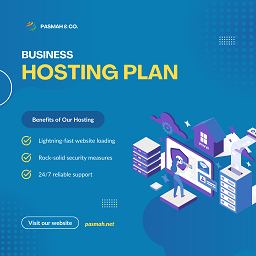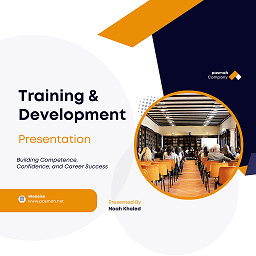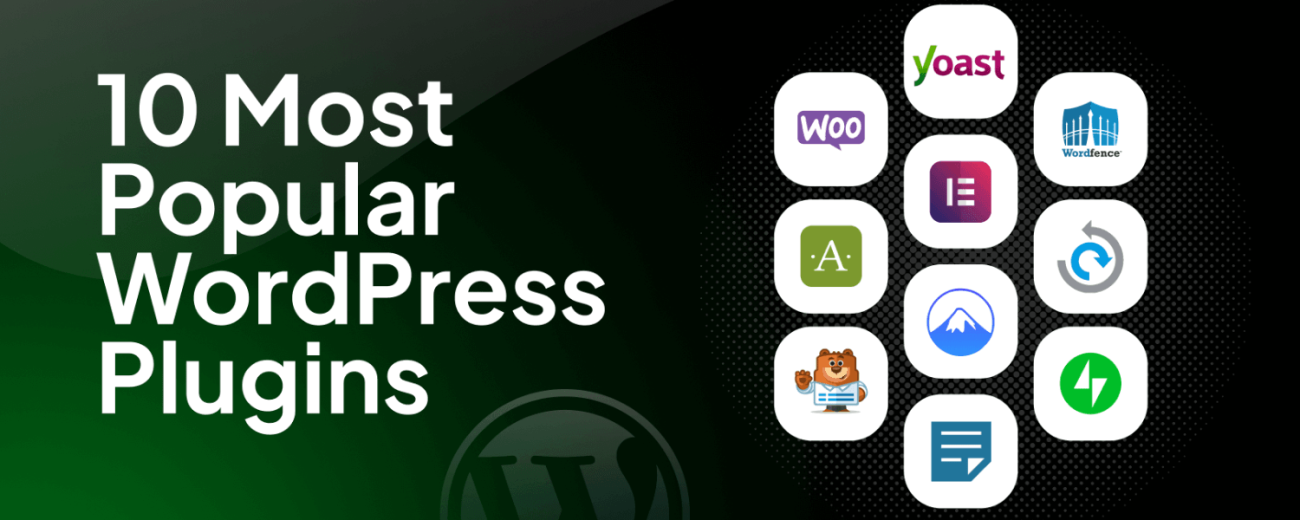The Ultimate Guide to WordPress SEO – Boost Your Website’s Rankings

Introduction
SEO (Search Engine Optimization) is crucial for increasing your website’s visibility and attracting potential customers. This guide will help you optimize your WordPress site for higher search rankings and better traffic.
1. Why SEO Matters for Your WordPress Website?
SEO helps your website:
✔ Rank higher in Google search results.
✔ Increase organic traffic without paid ads.
✔ Improve user experience by optimizing content and structure.
✔ Boost sales and conversions with better visibility.
2. Setting Up SEO for WordPress – The Basics
Before optimizing, ensure you have:
✅ A Fast Hosting Provider – Speed impacts rankings (Use SiteGround, Bluehost, or Cloudways).
✅ A Responsive Theme – Mobile-friendliness is crucial for SEO.
✅ SEO Plugin Installed – Use Yoast SEO or Rank Math for optimization.
3. Keyword Research – Finding the Right Search Terms
Using the right keywords helps attract targeted visitors. Steps to find them:
🔹 Use Google Keyword Planner – Discover high-volume search terms.
🔹 Analyze Competitor Keywords – See what’s driving traffic to your competitors.
🔹 Use Long-Tail Keywords – Less competitive and more conversion-focused (e.g., “best WordPress hosting for beginners”).
🔹 Check Search Intent – Ensure keywords match what users are looking for.
4. On-Page SEO – Optimizing Your Content
To rank higher, every page should be SEO-optimized:
✔ Title Tags & Meta Descriptions – Include primary keywords naturally.
✔ Heading Tags (H1, H2, H3, etc.) – Use structured headings to organize content.
✔ Internal & External Links – Link to relevant blog posts and authoritative sources.
✔ SEO-Friendly URLs – Use short, keyword-rich URLs (e.g., yoursite.com/wordpress-seo-tips).
✔ Image Optimization – Compress images and add alt text with keywords.
5. Technical SEO – Improving Site Performance
Google favors fast and secure websites. Here’s how to improve:
🔹 Enable SSL Certificate – Ensures site security (HTTPS).
🔹 Optimize Website Speed – Use caching plugins like WP Rocket and compress images.
🔹 Mobile Responsiveness – Use Google’s Mobile-Friendly Test tool.
🔹 Fix Broken Links – Use Broken Link Checker plugin to avoid 404 errors.
🔹 Use Schema Markup – Helps Google display rich snippets in search results.
6. Off-Page SEO – Building Authority & Backlinks
Off-page SEO focuses on external factors that impact rankings:
✔ Backlink Building – Get links from high-authority websites.
✔ Guest Blogging – Write guest posts on industry-related sites.
✔ Social Media Signals – Share content on LinkedIn, Facebook, and Twitter.
✔ Online Directories – List your site in Google My Business and Yelp.
7. Local SEO – Ranking Higher in Your Area
If you run a local business, Local SEO is crucial:
📍 Create a Google My Business Profile – Add your address, phone number, and working hours.
📍 Get Customer Reviews – Positive reviews help local rankings.
📍 Use Local Keywords – (e.g., “best web design company in [city]”).
📍 Add Location Pages – If serving multiple areas, create pages for each location.
8. Content Marketing – The Key to SEO Success
Regular content keeps your site active and ranks you higher. Focus on:
📢 Writing SEO-Friendly Blog Posts – Use keywords naturally.
📢 Updating Old Content – Refresh articles to keep them relevant.
📢 Creating Video Content – Videos increase engagement and time on site.
📢 Using Infographics – Shareable graphics can attract backlinks.
9. Tracking & Measuring SEO Performance
To know what’s working, track your SEO progress:
📊 Google Analytics – See traffic, bounce rate, and user behavior.
📊 Google Search Console – Find index issues and keyword performance.
📊 SEO Tools (Ahrefs, SEMrush, Moz) – Analyze competitors and track backlinks.
Conclusion
SEO is an ongoing process, but with the right strategies, your WordPress site can rank higher and attract more customers. Implement these techniques to boost your traffic and grow your business.
🚀 Need help optimizing your site for SEO? Contact us today!









